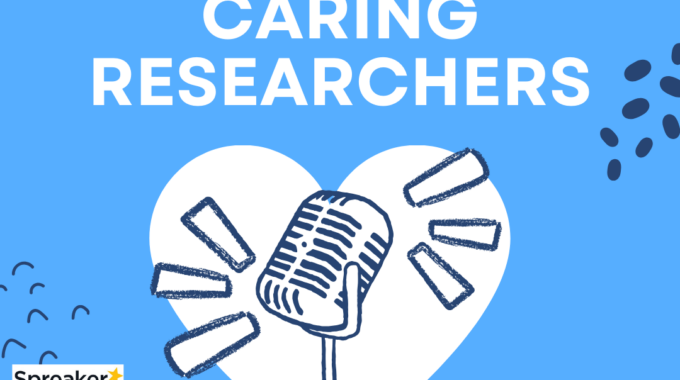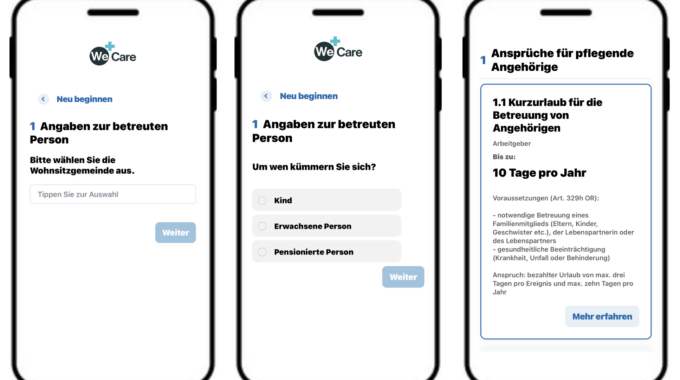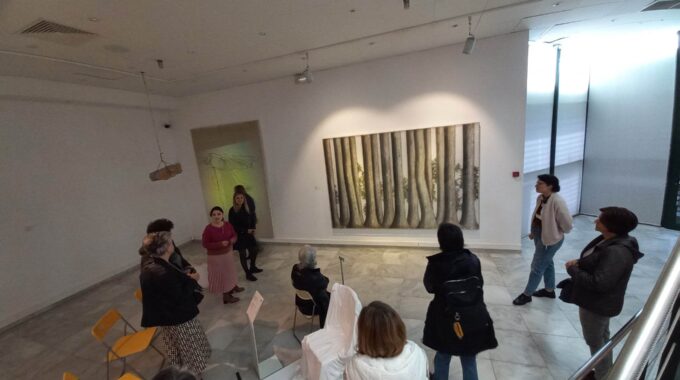
Teaching English with the use of songs for people with mild cognitive impairment
The Erasmus+ funded “E.L.So.M.C.I” program is a 2 year pan-European initiative, starting in September 2020, that aims to develop an educational program on teaching English to people with Mild Cognitive Impairment (MCI) and using English songs as a main tool for the teaching process. Learning a foreign language is, in fact, a good way to stimulate cognitive functions slowing down the cognitive decline. To do that people with MCI are involved in workshops that, by using innovative approaches and methodologies, will help them learning English.
The project coordinator is Alzheimer Hellas (Greece) and the partners are Alzheimer Valencia (Spain), Anziani e Non Solo (Italy), Spominčica – Alzheimer Slovenia (Slovenia) and University Psychiatric Hospital Vrapče (Croatia). In the past month, the consortium has finalized the training materials for the workshops that have been included in a Methodological Guide. This guide contains all information and educational materials to implement the workshops. At the moment the workshops have already started in Greece, Spain, Croatia and Slovenia, while they will start in Italy next months.
The next steps of E.L.So.M.C.I project will focus on the creation of an e-learning platform and an online training course about mild cognitive impairment, how to teach English using songs and how to implement the workshops.
If you want to learn more about the project visit their website https://www.songsforcare.eu
Text and contacts:
Makri Marina, Psychotherapist, Greek Association of Alzheimer’s Disease and Related Disorders
Magda Tsolaki, Neuropsychiatric Professor, Aristotle University of Thessaloniki, Chair of Panhellenic Federation of Alzheimer’s Disease





